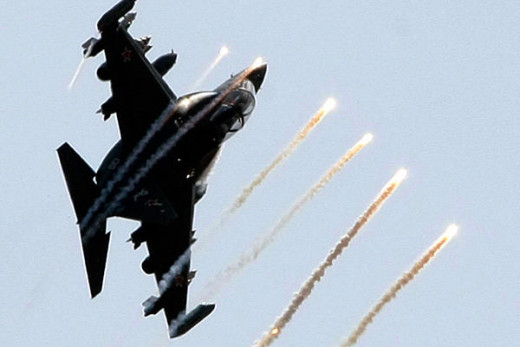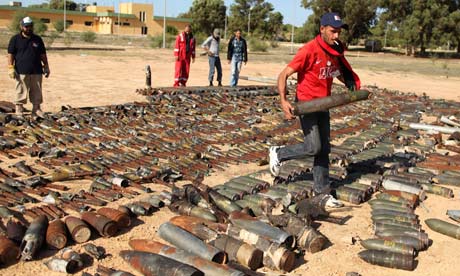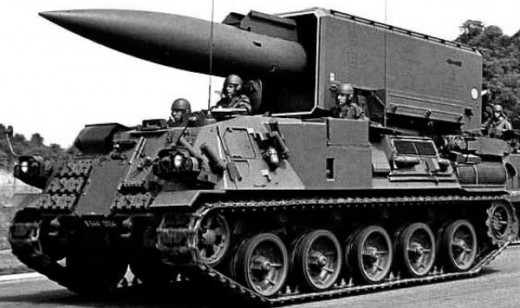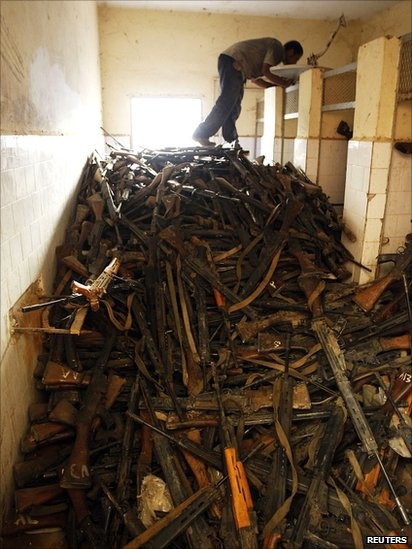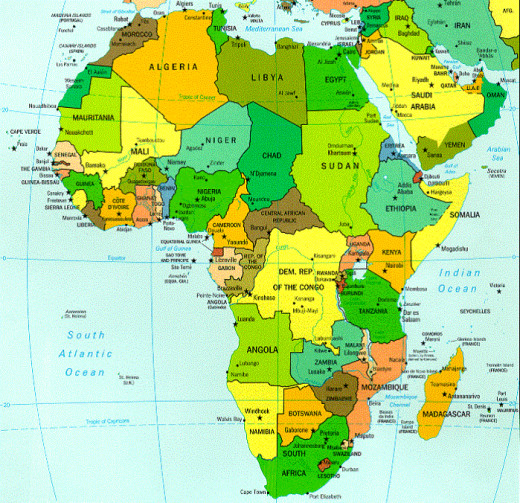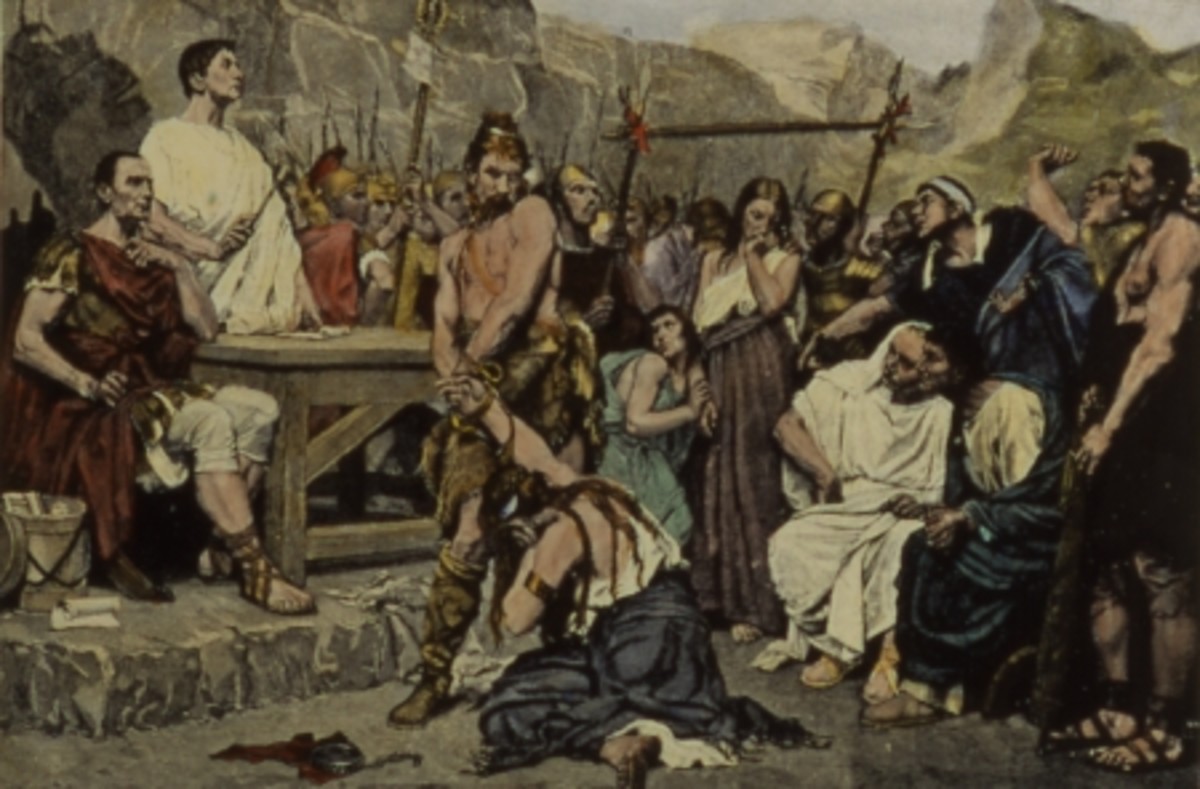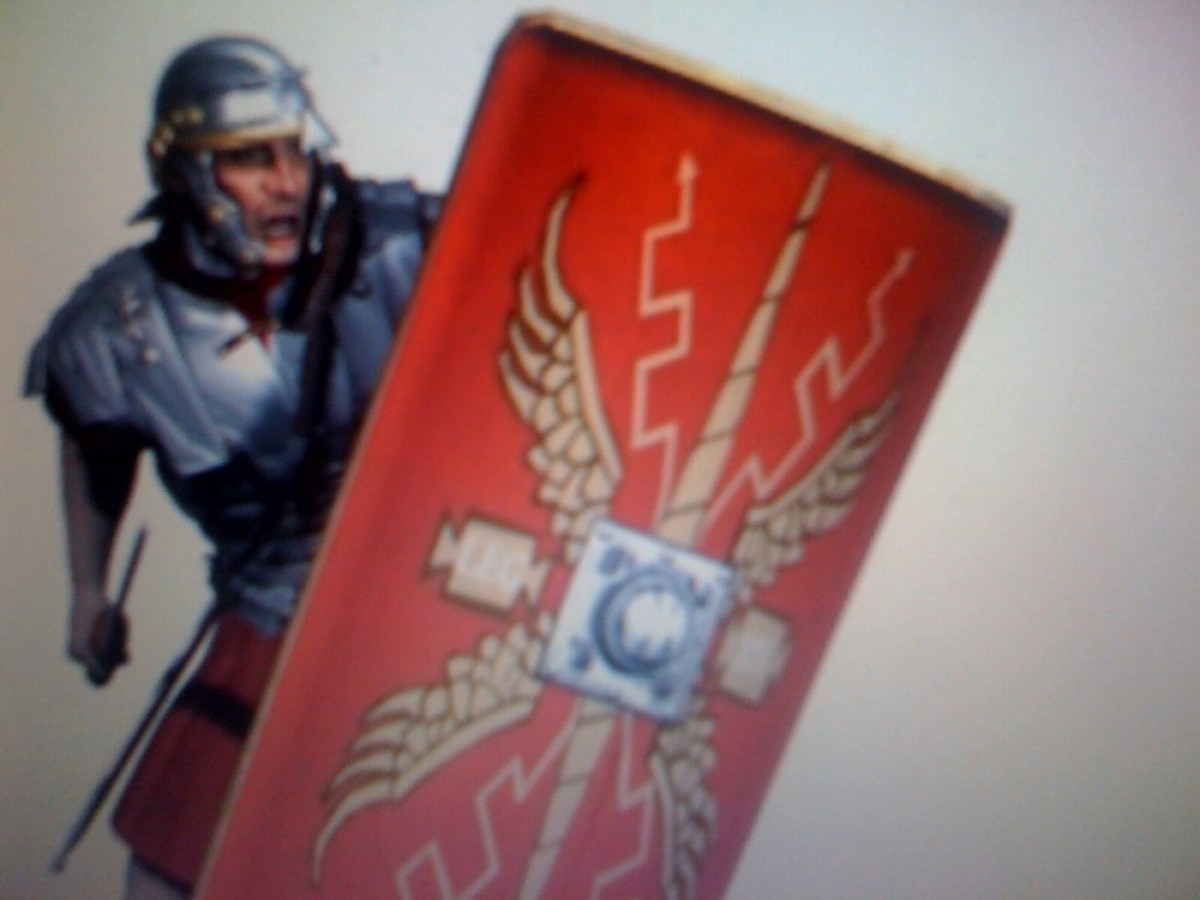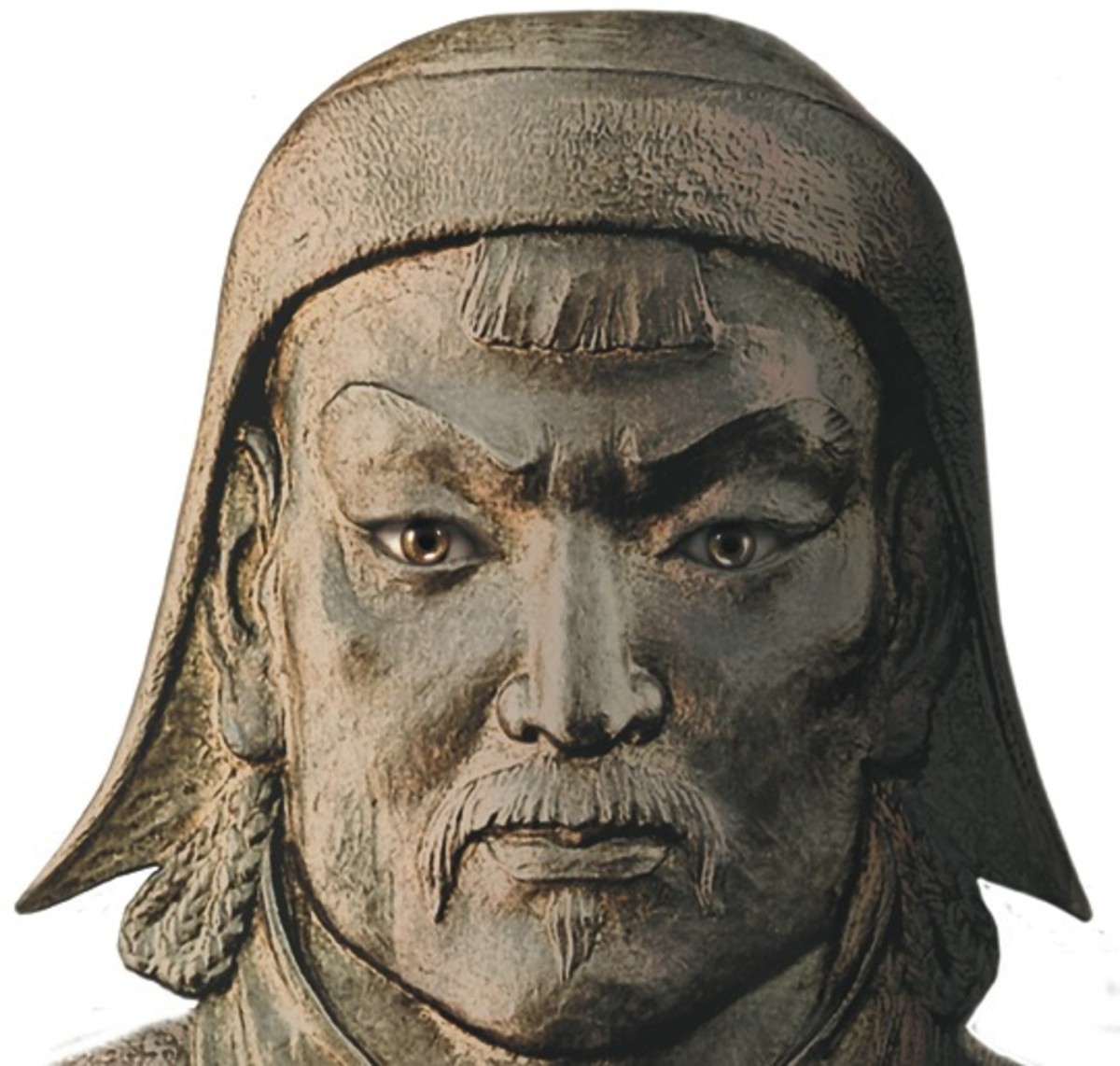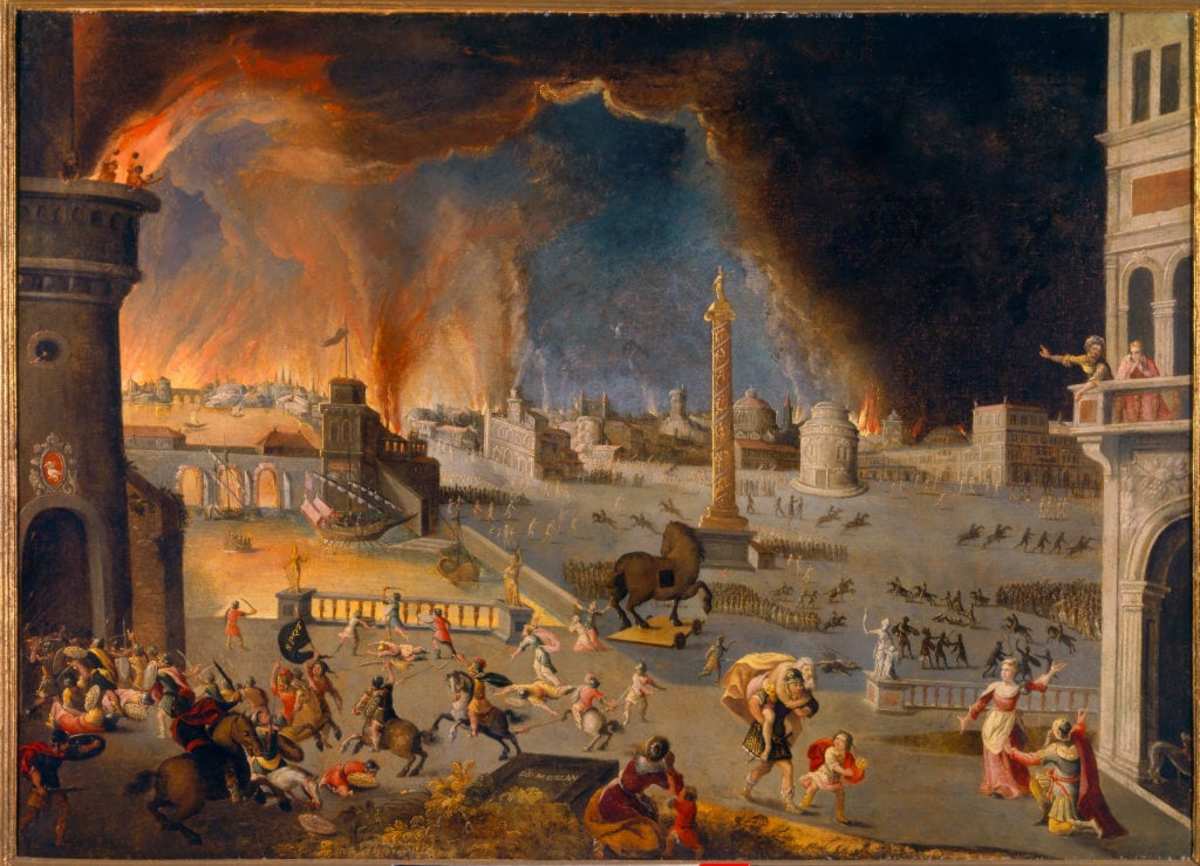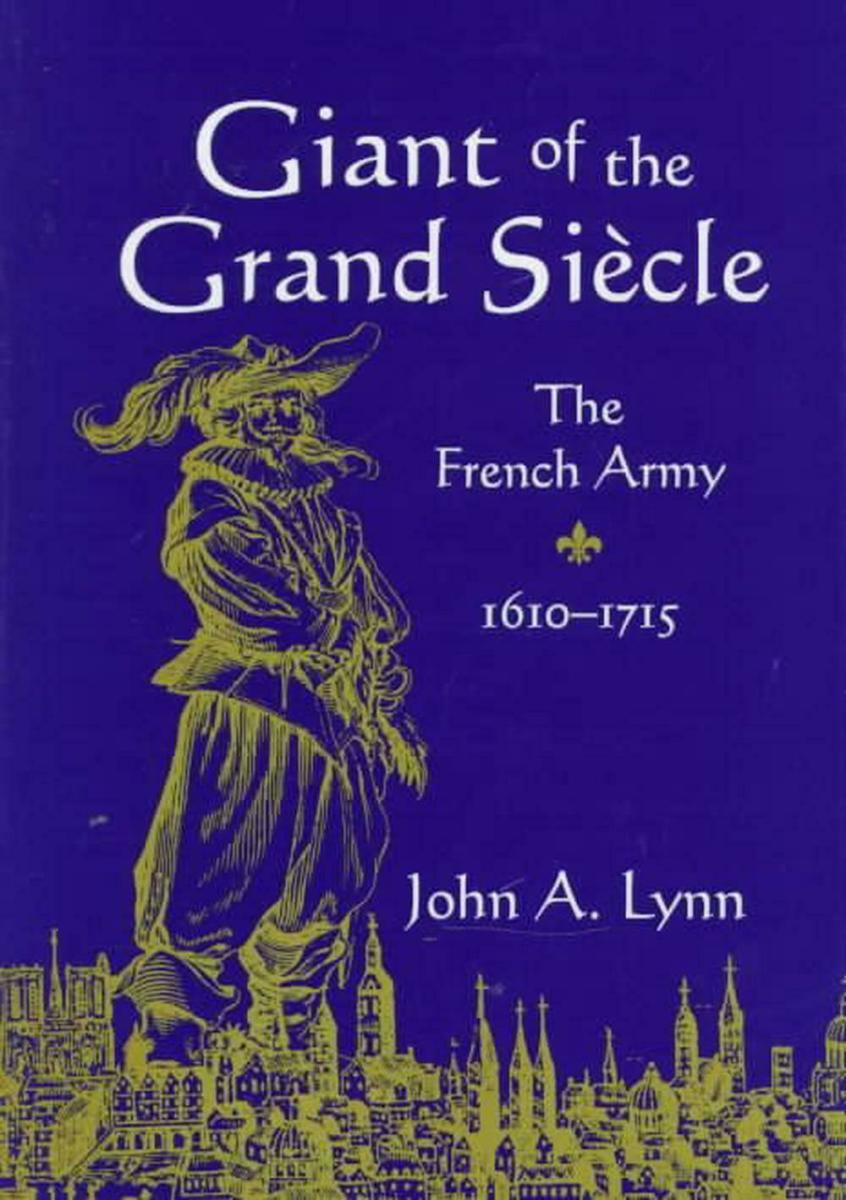Military might does not solve social problems rightly
Weapons
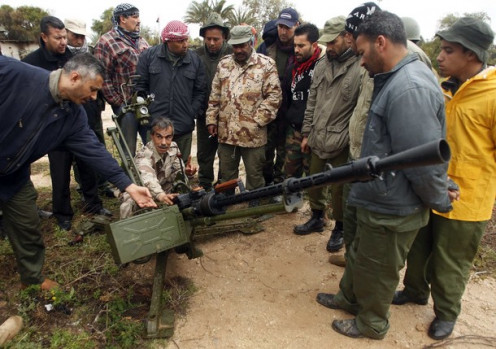
Roman Empire
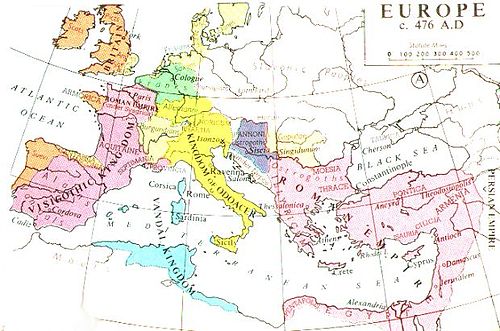
Military might a fire that trail blazed imperialism
There is a saying: "when you have a hammer in hand everything before you looks like nails." Military might when put to good use provides security and a sense of confidence. Next door countries with a less lethal force may make friends with mightier countries. This way alliances are formed. Detentes are established and instead of warring partner, these may become economic blocs.
Strong armies help in establishment of strong countries or empires. It was with the backbone of armies that Caesar built the Roman Empire from 49 BCE. By the time he died in 44 BCE he had consolidated the running of government and was able to get information from all far flung regions under Rome. He presided over the appellant court where all cases that were not heard in the colonies were referred to Rome ( Acts 9-27).
The might of armies deployed into war has many repercussions. Military might plays on and influences the psychology of people under it; it concerns warfare and there is a continued awareness of presence of an occupying force. This may produce a suppressed population. The population may focus on development. The army is about strategy; it is about battles; it is about weapons and impact of war on societies. It also includes:
1.Conquering larger lands and establishing rulers who may continue carrying out instructions of the conquerors.
2. Constructing roads and built infrastructure for quick mobility, resource mobilization and deployment
3. Influence the political and social organizations of their countries of origin and the conquered lands.
4. Organize their armies in such a way as to foil rebellions but also be at high alert. This tends to cause a distance to be maintained between the vanquished and conquerors.
5. Conscript loyal members
6. Impose taxes
7. Make changes in the lifestyles of many people by providing opportunities for travel, exploration and exploring opportunities.
8. Removing unwanted governments. This way it can act as a peace-maker.
Military might is what built empires from Persian, Greek, Roman to British. From the oriental dynasties, African empire Kingdoms to exploration of lands by Portuguese and Spaniard Conquistadors.
Ancient cities and empires such Roman Empire were built on the strong backbone of organized armies. Emperor Constantine (306-337 AD) was able to rule a very large empire through coordinated and organized management with the help of the army. He divided the empire into two parts with Rome being the western City and Byzantium being the Eastern City. It was also called Constantinople.
Government structures were established and it was possible to maintain large well paid and motivated staff. The empire increased on the critical number of professionals in the engineering, legal, exploration, clerical, foreign affairs, language, trade, health, education, welfare, defense, immigration, law and order. There was an organized referral of cases and the court system was more established.
The Roman empire was able to last from around 49 BCE to around 480 AD. It had a strong army, an aggressive taxation system, there was uniform legal promulgation, uniform administrative promulgation, trade links and routes, security, technological development, military development and religious freedom. Art and architecture was superb. Building in stone, clay bricks and mortar were popularized. There was a big number of large cities and these enabled large numbers of people to stay at one place. The people were engaged in various forms of work, games and worship.
Powerful armies enable change in previous status quo. The Arab armies conquered parts of Africa, Near East and the Iberian peninsula around 642-711 AD. The Europeans rose up and fought back around 732 AD. By 1248 AD, they had conquered many parts of Africa and Mediterranean Sea. The Europeans engaged in long sea faring and by 1300 were able to venture to the Indian and Pacific Oceans. By 1500, they were so skilled in seafaring and were gaining lands in the far east. They were able to bring to these lands the quality of life and standards of living far exceeding the levels in these newer lands. They were also able to keep these lands by a series of agreements and presence of standing armies.
Give me means to peace-making other than wars
Click thumbnail to view full-size



What were the non military issues following military conquests
Perhaps the biggest need to address was sustainability of conquered lands by armies. This question was most apparent for present day colonialists be they Dutch, Danes, Germans, French, Italians, Spanish and Portuguese. There was need for:
1. Establishing administrative posts in the conquered lands. This enabled the governors to make administrative decisions based on current affairs. The presence of such governors demotivated insurrection and assured the subjects of a place to report.
2. Exploiting resources to pay for the large armies, investments and paying loans.
3. Immigration from Europe due to so many reasons. One such reason was get more land to engage in industrialization and farming.
4. Production of raw materials to send back to Europe for the many industries following reformation, industrialization and renaissance.
5. Cheap labor and establishing slave trading. Continents like Africa had very large numbers of people who when brought in high profits when sold in slavery.
6. Taking land and retain it under European laws. The land would then be used to establish habitation, farming and housing estates.
7. Spreading religion, educating people in the colonies and providing opportunities for other people of the world to acquire the same level and standard of living like that in Europe. Imperialism had those with the goal of altruism and those who were greedy. This was the the example seen by Portuguese, Spaniards, Belgian and Italians. The British were no different. Among there ranks were those who were greedy and those who had altruistic motives ( John Darwin, 2012: Unfinished Empire; the Global Expansion of Britain.
Military might is all we need to solve all problems
Nothing can be achieved without military might
Before The WWI & WWII
The world before world wars was peaceful, trade was profitable for many countries and there was tranquility. The Global economic standard world wide was so high. Cities gained magnificence and many were destinations by investors from all over the rich nations. Berlin was a the celebrated city of Electricity; Paris was the celebrated city of light; Detroit had the Ford Plant in 1913; New York had the Woolworth building up; steamships, under sea cables; Metropolis in Canada; Imperial cities in Japan, China, Singapore and Africa were in place; South America produced bumper harvests of grain crops ( Charles Emmerson, 2013: 1913 In search of the world before the Great War). All these investments were peace time investments.
Africa
Click thumbnail to view full-size
Sanctions, bans and Embargoes; non-military means to peace-building and making
What are sanctions?
1. Economic Sanctions:A ban on trade that covers the kind of goods a country under sanction may export or import. These may include food, medicines, armaments or machinery.
2. International Sanctions; Coercion or forceful measures adopted by a country or group of countries against another state or states or individual/s in order to elicit a change in their behavior.
What is an embargo?
An order of one country or many countries prohibiting travel or flight or arrival or departure to to fro a country.
What is a ban?
To prohibit, stop, forbid, bar, block, interdict anything.
The issues and concerns
The issues and concerns in the world are:
1. Environment issues
2. Education
3. Hunger
4. Health
5. Pandemics
6. Civil strife
7. Land grabbing
8. Development initiatives
9. Information and Technological development
10. Cooperation
Planning interventions
Concern
| Non Military
| Military
| Outcome if addressed
| What it takes
|
|---|---|---|---|---|
Hunger
| Yes
| No
| Healthy, energetic people
| Agriculture, land management and environment conservation
|
Shelter
| Yes
| No
| Health, energetic people
| Housing
|
Annihilation and Genocide
| No
| Yes
| Suppression, law and order
| Mobilization of forces
|
Education
| Yes
| No
| Informed, skilled and employable masses
| Education facilities
|
Road repairs
| Yes
| No
| Mobility means
| Construction initiatives
|
Built areas
| Yes
| No
| Habitation, cities and offices
| Construction initiatives
|
Governance
| Yes
| Yes
| Law and Order
| Democratization, law and order
|
Investments
| Yes
| No
| Capital development
| Capital in all its forms
|

